What sets 2018 apart from previous years is the magnitude of the shocks that hit our brand ecosystem, says Bharat Bambawale.
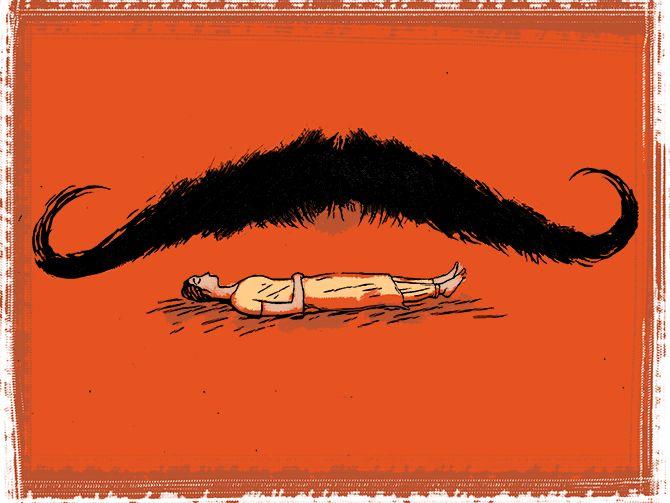
We've had an exceptionally busy year from a brand and marketing perspective. But what sets 2018 apart from previous years is the magnitude of the shocks that hit our brand ecosystem.
Shocks that would rank high on a marketing Richter scale, the aftershocks of which will be felt for quite some time to come, as many an action and event from previous years completed its inglorious cycle and had to be reckoned with.
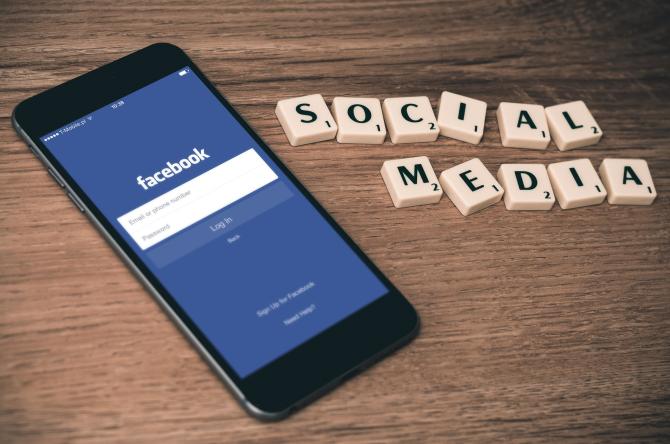
The year we finally broke trust with social media
India's enchantment with the smartphone, heralded for its potential to change lives for the better, started to turn dark some years ago when we plunged into a hyper-addiction to social media.
Fuelled by cheap smartphones, low data prices and free apps, India took to social media with the speed of a Formula 1 car.
For a while our proclivity for a billion good morning messages every day amused and enthused the tech world, but soon sinister forces started to see the opportunity in our addiction.
Our personal data became available to the highest bidder, or was hacked by open system apps, and we found ourselves being manipulated, whether for the marketing of a political idea or to push identification with a particular community.
Brands were prey too, as self-styled influencers took crores of rupees off unsuspecting businesses before the smarter ones twigged on to the marketing impotence and low return from online influence brokers.
Whether fake news or fake influencers, our social media addiction and dependence on digital pundits came home with an unsavoury bang.
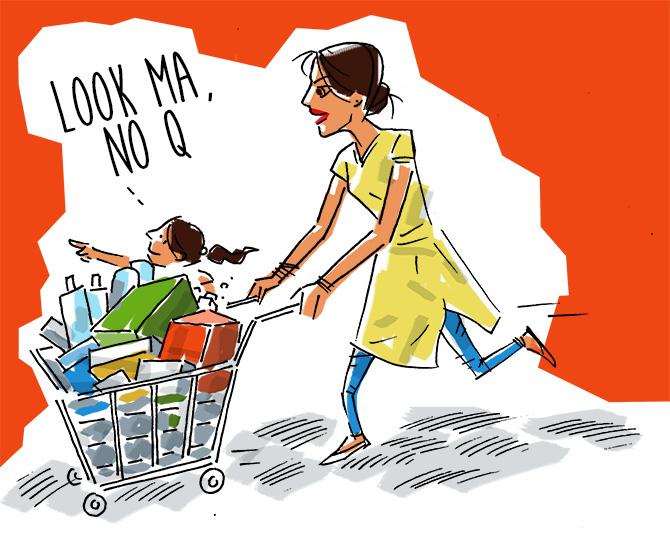
The year we ceded control
Not long ago, India's policy makers permitted FDI and 100 per cent foreign ownership in e-retail (and a range of other sectors).
Amazon and Flipkart went head to head for about three years before Flipkart, brave but bloodied and running low on resources, threw in the towel and sold to Walmart.
Less than 12 months later, Flipkart's founders are out of the business they built, as is their leadership team. Like the epic heroes, Kauravas and the Pandavas at Kurukshetra, Amazon and Walmart will fight on battle-field India.
Unlike the Kauravas and Pandavas, neither adversary is of this soil. The Koreans battle the Chinese for smartphone spoils and the Japanese for the automobile sector.
In both sectors, Indian brands tread lightly to avoid being crushed by the battling elephants. GSK sold Horlicks to Unilever in a move that isn't without a colonial echo.
With both MNCs headquartered in the UK (and Unilever additionally in The Netherlands), the sale is reminiscent of the islands of Bombay being gifted as dowry to Britain's King Charles II on his marriage to Portugal's Princess Catherine of Braganza in 1662.
While the asset exchanged hands in India, the deal was struck many thousands of miles away.
But more than policy, Indian business discovered to its chagrin that the brands they thought they had built were relatively powerless and had to face the consequences of years of low differentiation and under-support.
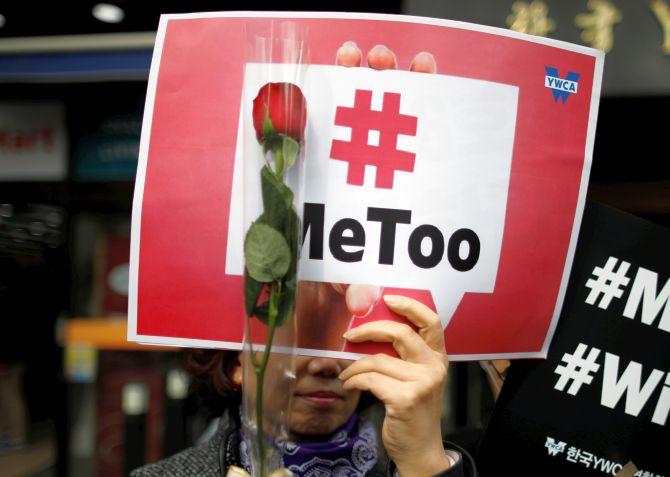
The year of owning up to bad behaviour
America's #metoo movement gave courage to many Indian victims of workplace abuse, of both genders but overwhelmingly women, to voice their experiences and name their aggressors.
Corporate and personal reputations took a beating. The marketing industry was revealed as a largescale offender.
As with many issues in the deafening Indian media bazaar, #metoo quickly degenerated into a babble of accusations and counteraccusations.
Away from the hubbub, professionals of both sexes privately reviewed their personal histories whether their actions in a less sensitised past might have been on the wrong side of the harassment line.
There are now reports of the pendulum swinging the other way with men refusing to mentor women, avoiding one-on-one meetings behind closed doors and declining post-work dinners unless in groups.
Whichever side of the issue people weighed in on, one point became clear: India's marketing industry had work to do to make the office wholesome and secure.
The year the agency began its final death throes
For years, advertising agencies's impending collapse has been the worst kept secret.
With the morbid fascination of Earthmen watching an asteroid heading straight at them in a disaster film, we have been waiting for the final cataclysmic strike.
But in actual fact it has been a far less dramatic meltdown and an internal one, like that from a leaking reactor core.
Years of haemorrhaging revenues, non-value producing mergers, loss of talent, client flight to smaller shops, shifting of spends to digital and loss of access to the C-suite have eroded agencies from within.
Will we soon see a post-Chernobyl Pripyat-like ghost town where once stood agencies with a proud heritage in the names on their doors?
It truly has been a year of reckoning.
Bharat Bambawale is a brand consultant and founder of Bharat Bambawale & Associates.





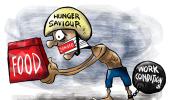





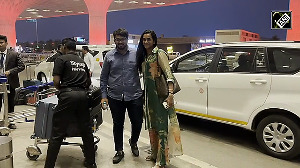
 © 2025 Rediff.com -
© 2025 Rediff.com -